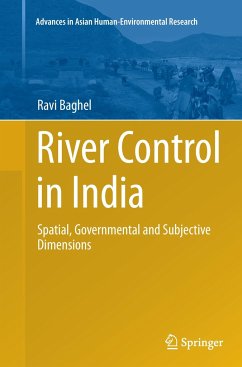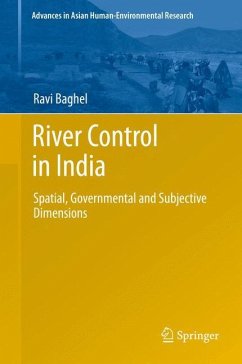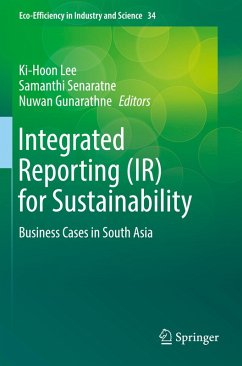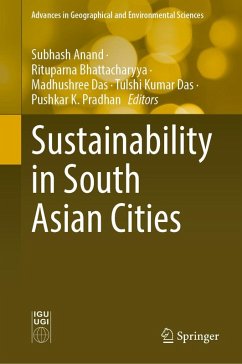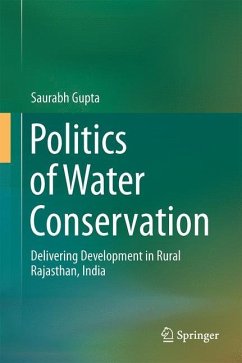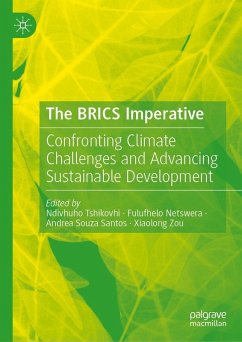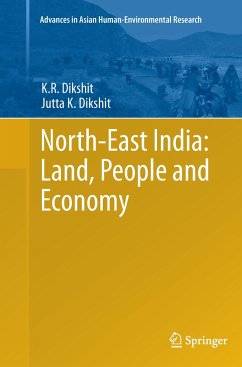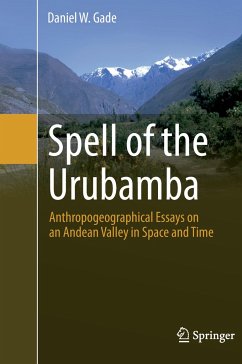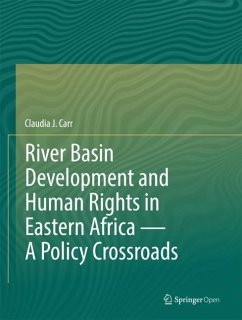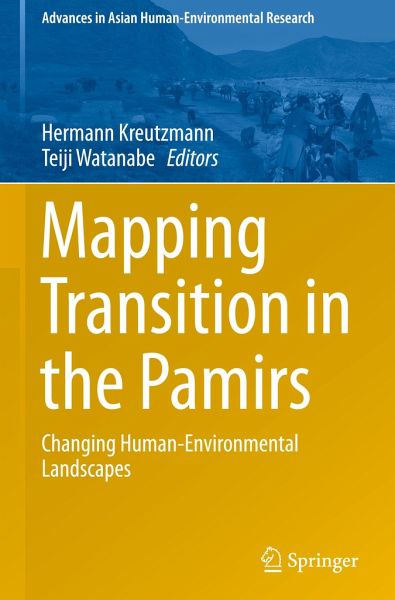
Mapping Transition in the Pamirs
Changing Human-Environmental Landscapes
Herausgegeben: Kreutzmann, Hermann; Watanabe, Teiji

PAYBACK Punkte
38 °P sammeln!
By emphasizing on the Pamir region a comprehensive overviewof path-dependent and recent developments in a remote mountain region isprovided in this book. Overall neglect in the mountainous periphery iscontrasted by shifting the centre of attention to the Pamirssituated at the interface between South and Central Asia. From colonialtimes to now there has been a debate on grasping and locating the area. Herefield-work based contributions are collected to provide a variety ofperspectives on the Pamirs highlighting transformation and transition inPost-Soviet societies as well as in Afghanistan and ...
By emphasizing on the Pamir region a comprehensive overviewof path-dependent and recent developments in a remote mountain region isprovided in this book. Overall neglect in the mountainous periphery iscontrasted by shifting the centre of attention to the Pamirssituated at the interface between South and Central Asia. From colonialtimes to now there has been a debate on grasping and locating the area. Herefield-work based contributions are collected to provide a variety ofperspectives on the Pamirs highlighting transformation and transition inPost-Soviet societies as well as in Afghanistan and Pakistan. The similarecological environment across borders features the common groundwhile analyzing development processes in a set of case studies that aim athighlighting certain aspects of regional development.



